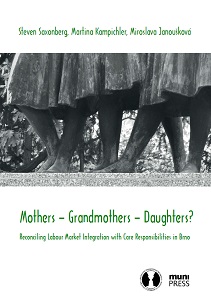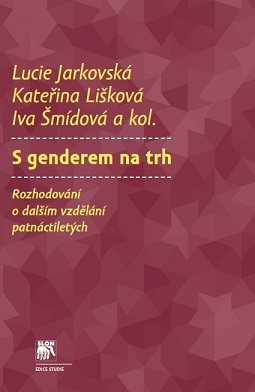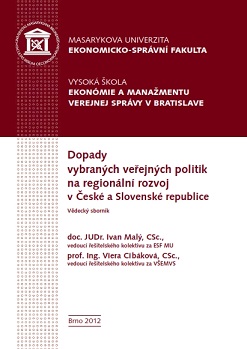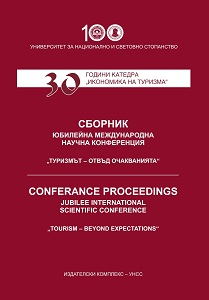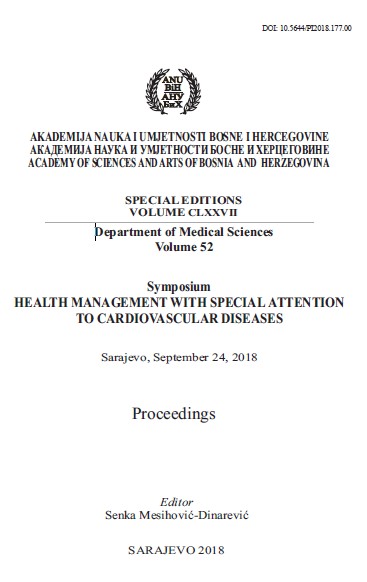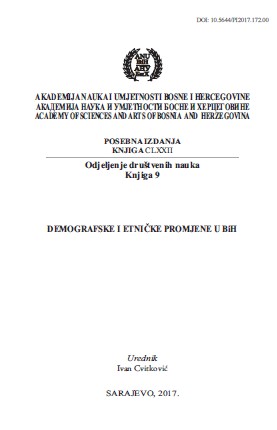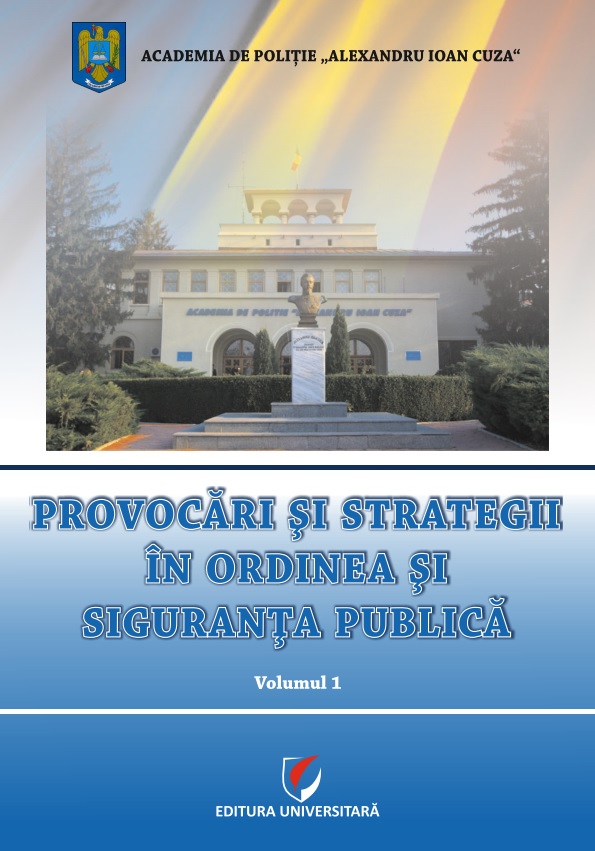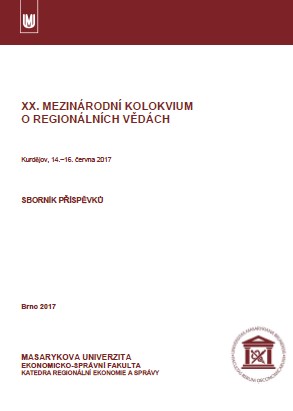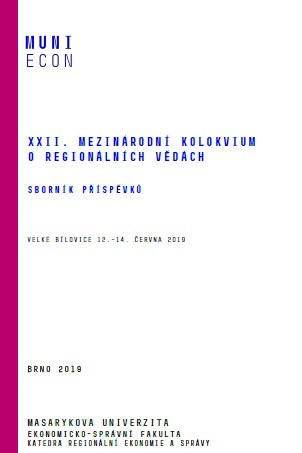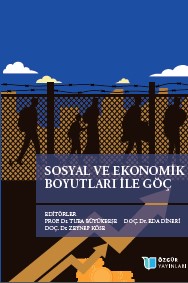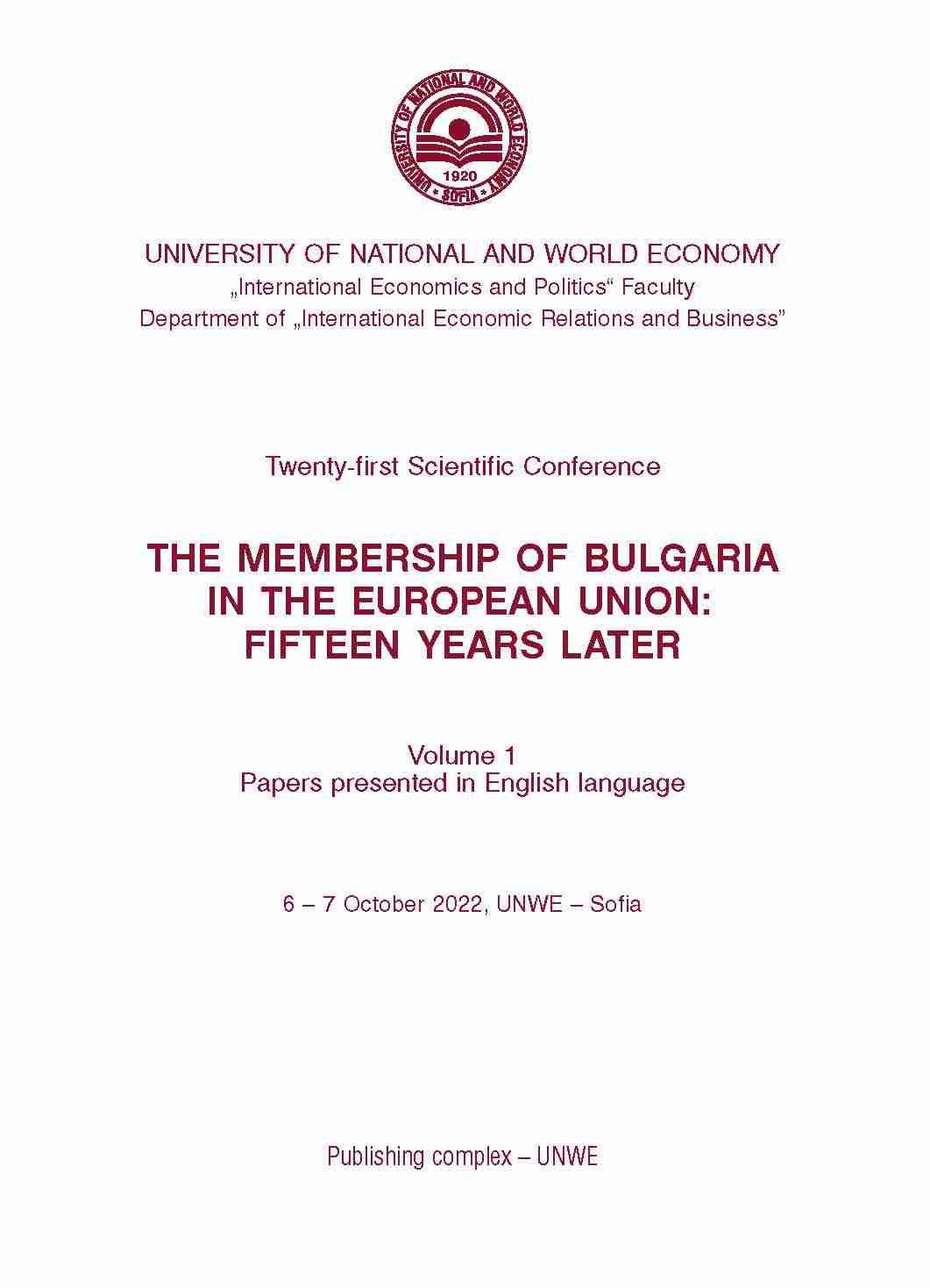Author(s): Denisa Nečasová / Language(s): Czech
Publication Year: 0
Cílem výuky je prostřednictvím životopisného vyprávění pamětnice přiblížit každodenní život „obyčejné“ ženy v době státního socialismu. Podle mnoha výzkumů životní zkušenost žen je odlišná od životní zkušenosti mužů, konkrétní osudy jedince zároveň umožní nahlížet na období komunistické dominance z jiné perspektivy a zohlední jiné aspekty minulosti, než které se obvykle objevují v učebnicích dějepisu. Žáci a žákyně si tímto prostřednictvím osvojí schopnost práce s audiovizuálním pramenem, zásady kritického myšlení, komunikativní, sociální a občanské kompetence. Ženy jsou v učebnicích dějepisu i ve většině syntetických historických prací zastoupeny pouze nepatrným počtem, zdá se, jako by polovina lidstva nebyla ani součást historických procesů. Zařazením životopisného vyprávění pamětnice se tento deficit aspoň částečně umenšuje. Zároveň vzpomínání očité svědkyně představuje ženu jako aktivní aktérku minulosti, a nikoli jako pouhý objekt mocenského působení. Nabízí se zde prostor pro překonání a kultivaci genderových stereotypů, které ženy spojují převážně se soukromou sférou, nižšími intelektovými schopnostmi, pasivitou apod. Jeden z důvodů zneviditelnění žen v dějepisné látce tvoří stále převažující preference politických a událostních dějin v osnovách středoškolského dějepisu. Zaměření na dějiny každodennosti a běžné starosti spojené s životem lidí v různých obdobích nabízí prostor pro tematizaci rodinného zázemí, způsobů trávení volného času, problémů a radostí v zaměstnání i angažování se ve veřejném prostoru, tedy důležitých aspektů života každého jedince v jakékoli době. Životopisné vyprávění „obyčejné“ ženy poskytuje také tzv. pohled zdola na důležité události a historické jevy a změny. Žáci a žákyně mohou lépe tímto prostřednictvím porozumět tomu, jak se lidé v daném období cítili, jak dané skutečnosti prožívali, jaké byly jejich hodnoty a cíle, na základě čeho se rozhodovali při volbě svých životních strategií apod. V tomto ohledu je nedocenitelným prostředkem audiovizuální záznam vzpomínání pamětnice zaznamenaný prostřednictvím orálně historického výzkumu. Autenticita výpovědi může žákům a žákyním pomoci nastolit nové otázky a porozumět jiným aspektům minulosti. Napomáhá také budovat mezigenerační dialog, vcítění se do mentality starších lidí, specifických životních osudů, různých sociálních prostředí a v neposlední řadě také konkrétních období minulosti. Státní socialismus ještě relativně do nedávna představoval určující charakter Československa, a proto je stále přítomen v rodinné paměti, vzpomínání či odkazy na něj pronikají silně i do veřejného prostoru. Tato etapa minulosti stále vzbuzuje řadu polemik, je spojována nezřídka s černobílým náhledem na historické dění a je obestřena řadou mýtů. Zařazením problematiky každodenního života do dějepisné výuky se nabízí prostor pro hlubší porozumění jednání a uvažování jedinců té doby, pro rozvoj kritického myšlení, schopnosti respektovat odlišné názory a především pro prohloubení etických a občanských hodnot žáků a žákyň. V tomto ohledu je silně přítomen interdisciplinární prvek, výuku lze snadno propojit se základy společenských věd, českou literaturou apod.
More...
